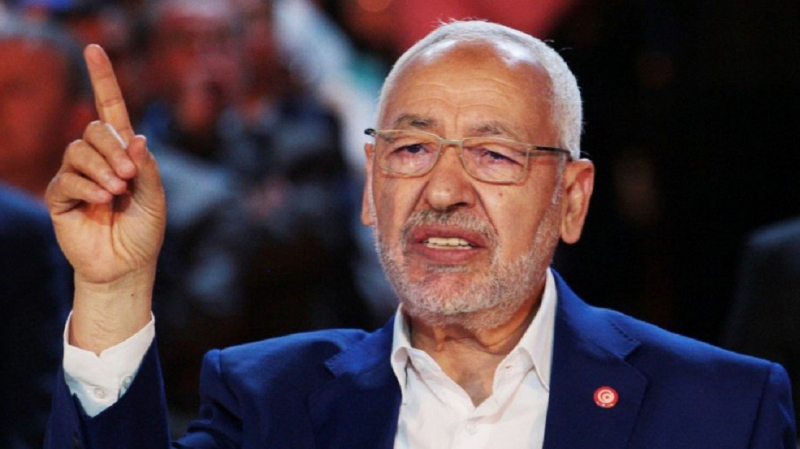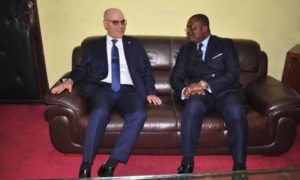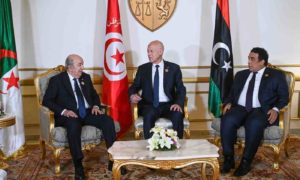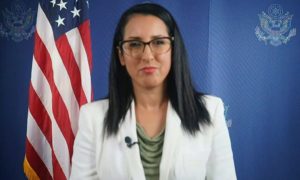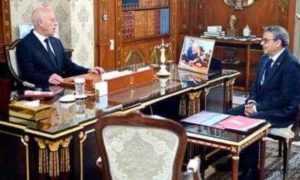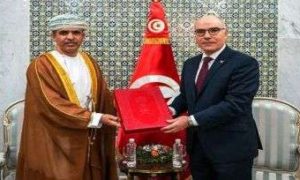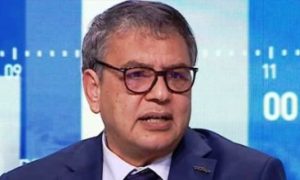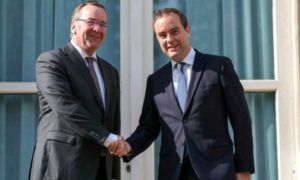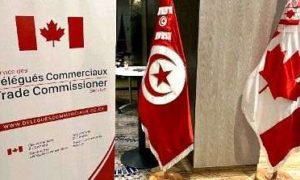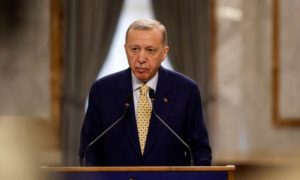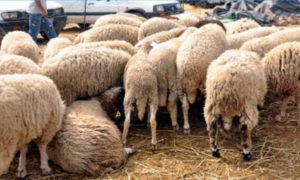A new political mosaic is rising after the committal warrant issued yesterday against Nabil Karoui on suspicion of corruption and money laundering.
This turnaround is a true predicament for the members of the party in question. On the other hand, it is a real chance for the parliamentary blocs who will possibly attempt to seduce the 30 representatives to increase their power within the parliament.
This is not the first trial for a political party. The Tunisian political scene is continuously in turbulence for several reasons: tensions within parties, violence in all its forms in the parliament, parliamentary tourism, partnerships, rigged agreements, cabinet reshuffles, crises successive socio-economic …
These strains within the parties have, in turn, destabilized the political scene and built new conditions.
The allies before are the losers today: politicians, parliamentary blocs and parties have been damaged.
What do all these political underlings have in common? The Islamist Movement …
Let’s us rewind time …
The drama first started in 2011 with the Troika, a coalition government bringing together the three political parties with the most seats in the parliament, Ennahdha, the Congress for the Republic (CPR) and Ettakattol under the leadership of Hammadi Jebali. Sixteen months later, the coalition started to decline: 2 consecutive assassinations, a series of attacks, a needed ministerial reshuffle, added to this, the Union for Tunisia, a coalition of political parties from the centre and the left fighting against the Troika.
This political change pushed the Islamist movement to accept the political expectations of its opponents in order to change its calculations, but the party was not hugely affected by these changes.
However, where are Ettakattol and the CPR today?
Like the latter two, several parties had revealed themselves as “Bourguibists, moderates, centrists” with a well-defined democratic political order, who fight against “religious profiteering” and who refused any connection or relationship with Ennahdha, consequently became his allies.
Nidaa Tounes is the political party which manifested itself as the immediate opposite of the Islamist movement, but which nonetheless participated in a series of political agreements with the party in question. Strange parallelism!
Having no ideological points in common, this political combination was not simple for Ennahdha either. But, it is the master of the game, Rached Ghannouchi who was capable, with his “strategy of seduction”, to persuade the politicians of Nidaa Tounes, in particular Béji Caied Essebssi, by announcing “his modernity and his respect for the principles of democracy. “.
After being the fiercest and most opposite political opponents before the October 2014 elections, both parties have ultimately come out politically. This combination of “compromise” was the source of great disappointment among voters and touched the credibility of their promises.
Unhappily, this rigged partnership did not last long. The lack of the harmonization of ideology as well as the strains which took place within Nidaa Tounes and the rumours about a secret apparatus of Ennahdha has definitely succeeded in this marriage of interests.
This divorce did not have severe consequences for Ennahdha. On the other hand, Nidaa Tounes soon disintegrated and broke into competing centrist parties. It was then the fall of Nidaa Tounes.
The 2019 elections… same story again?
The disappearance of some parties and the ending of certain other entities did not stop the Islamist movement from endeavouring a new underling. The 2019 elections were then an opening to seduce, once again, a “centrist” party for a new alliance.
The framework in which the elections took place was a bit special. The loss of Béji Caied Essebsi and the shift in the date of the elections urged the parties to opt for various strategies in order to influence the electorate and highlight their credibility.
Qalb Tounes, despite the capture of its president Nabil Karoui, was no exception. The latter therefore accepted the political line of his party calling for freedom, democracy and the fight against religious profiteering. During an intervention in Elhiwar Ettounsi, Nabil Karoui, rejected any likely alliance with the Islamist movement by affirming with a sure tone, that all these allies … are disintegrating today.
Opposite to the expectations of his constituents, Qalb Tounes has teamed up with Ennahdha and the Al Karama Coalition to likely suffer the same fate as the former allies.
What's happening in Tunisia?
Subscribe to our Youtube channel for updates.



